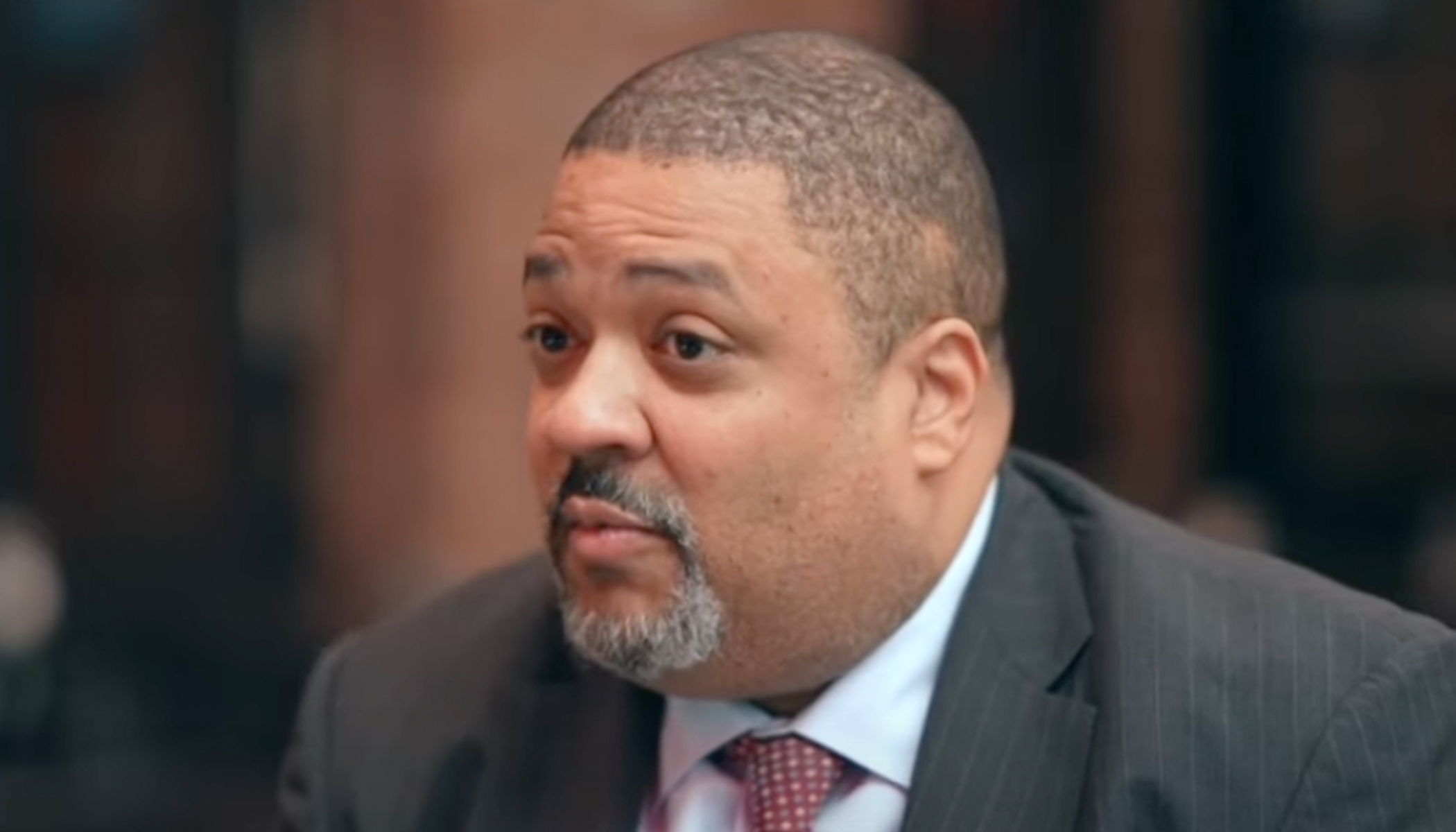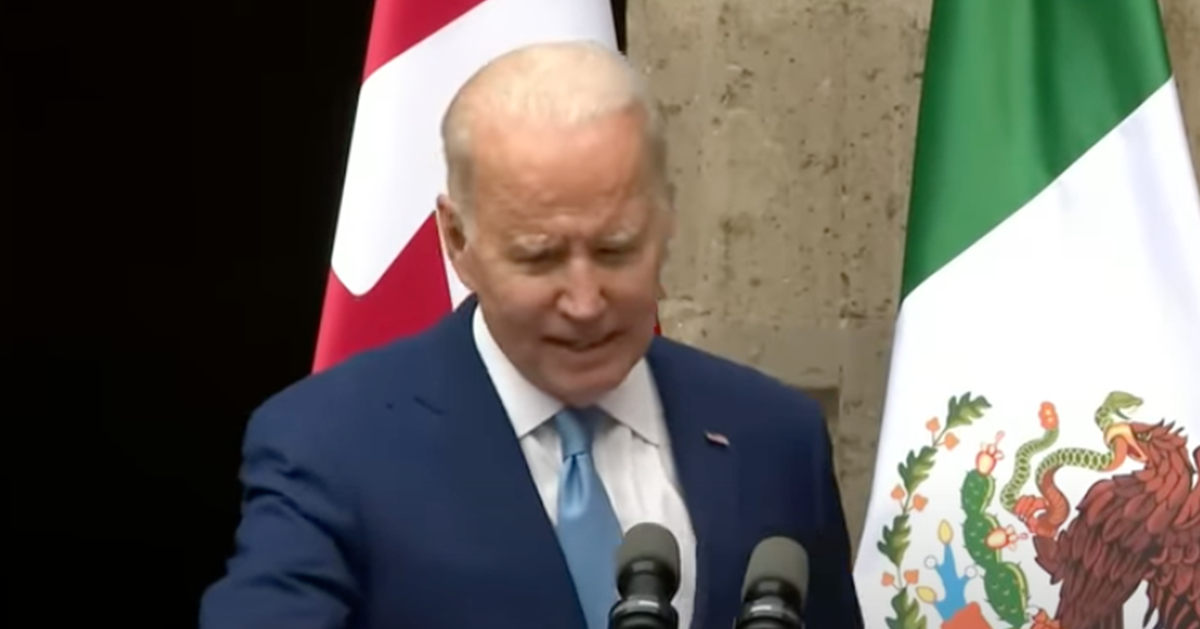Media Watchdog: Facebook's Election Influence Noted In 39 Cases Since 2008
An investigation by the Media Research Center (MRC) has uncovered 39 instances where Facebook allegedly influenced U.S. electoral processes starting from 2008, raising concerns over the platform's role in democratic governance.
The study highlights numerous interventions by Facebook in U.S. elections over the past years, notably during critical election periods, and raises serious questions for many, as Breitbart reports.
Early Signs of Facebook's Content Censorship
The MRC's analysis begins with Facebook’s activities in 2012 when it first drew significant attention for suspending a Veteran Political Action Committee (PAC) over a meme related to the Benghazi attack. This marked the onset of a series of actions affecting political content that would expand over the next decade.
In the 2016 presidential race, the social media giant faced accusations of bias for censoring content related to Bernie Sanders and various conservative news topics. This period underscored the growing concerns about Facebook's impartiality in political matters.
Further evidence of Facebook’s involvement in political content moderation emerged in 2018. During this midterm election cycle, the platform removed advertisements for several candidates running for Congress and state legislatures, indicating an escalation in the company's censorship practices.
The situation reached a peak in the 2020 elections, a pivotal year when Facebook censored posts and advertisements from then-President Donald Trump multiple times and removed several politically right-leaning ads.
Heightened Scrutiny During the 2020 Elections
Notably, in 2020, Facebook also blocked the circulation of a New York Post article regarding Hunter Biden, a move that attracted widespread criticism and debate over free speech. This action, along with the indefinite suspension of President Trump’s accounts in early 2021, highlighted a significant escalation in Facebook's content moderation policies.
By the early stages of the 2024 electoral cycle, Facebook’s intervention in election-related content had reportedly decreased, yet the platform had already set a precedent in the 2022 midterm elections by censoring gubernatorial and congressional candidates. This included prominent figures such as Rep. Rich McCormick (R-GA), Virginia GOP congressional candidate Jarome Bell, and Missouri GOP U.S. Senate candidate Eric Greitens.
A report from Breitbart News highlighted a significant decrease in engagement with posts from Donald Trump under Mark Zuckerberg's leadership at Meta, indicating a systemic change in how the platform manages political content.
Mark Zuckerberg's Stance on Free Speech
Despite these numerous instances of censorship, Zuckerberg has publicly advocated for free expression. In a 2019 speech at Georgetown University, he emphasized the importance of confronting challenging ideas to achieve greater progress, highlighting the "messiness" of free speech.
Furthermore, Zuckerberg has criticized politically motivated censorship as "dangerous," advocating that social media should not become the arbiters of truth. These statements create a complex narrative about the role and responsibilities of social platforms like Facebook in moderating content.
The juxtaposition of Zuckerberg’s statements with Facebook's actions presents a paradox in the platform's approach to free speech and censorship, particularly as it relates to political content.
Broader Implications for Democracy
The ongoing debate around Facebook’s role in censoring content touches on broader issues of democracy and free speech. The extent of Facebook's interventions, as chronicled by the MRC, has prompted discussions on whether such actions compromise the democratic process.
These discussions are particularly relevant in the context of upcoming elections, where the integrity and transparency of social media platforms are critical to ensuring a fair electoral process.
The repeated interventions by Facebook in political discourse, as outlined by the MRC, have not only influenced public perception but have also spurred calls for stricter regulations and oversight of social media platforms to safeguard democratic values.
Conclusion: Reflecting on Facebook's Role in Elections
In conclusion, the Media Research Center's report delineates a pattern of behavior by Facebook that suggests a significant impact on the discourse surrounding U.S. elections.
From censoring political figures to influencing public discourse, Facebook’s role in democratic processes remains a contentious issue.
As the platform continues to navigate the complex landscape of free speech and censorship, the implications for future elections and democratic engagement are profound.






